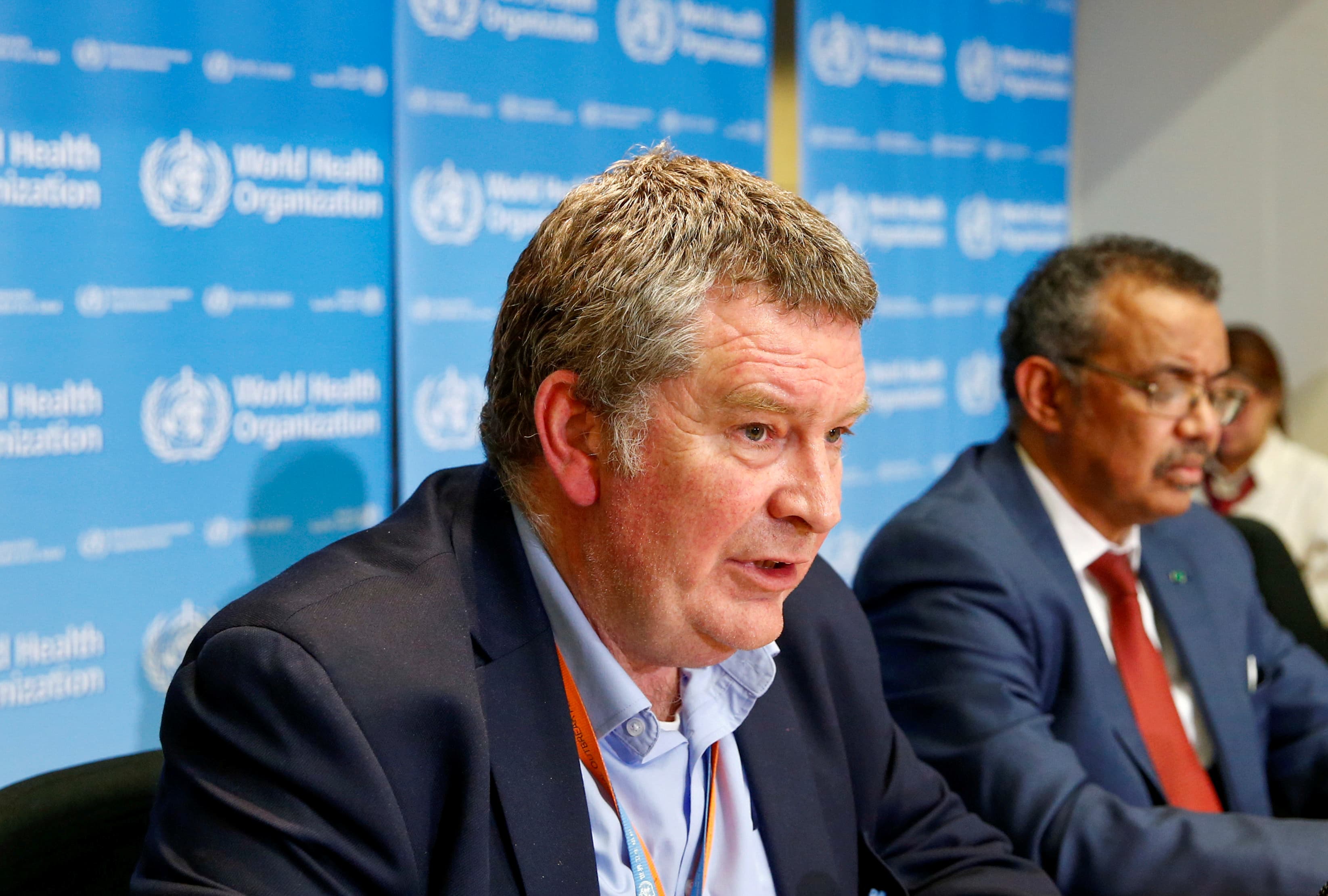
As the global death toll from the coronavirus approaches 1 million people, the World Health Organization said Friday that it’s “not impossible” that number could double if countries don’t uniformly work to suppress the virus’ spread.
“It’s certainly unimaginable, but it’s not impossible, because if we look at losing 1 million people in nine months and then we just look at the realities of getting vaccines out there in the next nine months, it’s a big task for everyone involved,” Dr. Mike Ryan, executive director of the WHO’s health emergencies program, said in regard to whether the coronavirus death toll could rise to 2 million people.
“The real question is: Are we prepared, collectively, to do what it takes to avoid that number?” Ryan said.
Since the coronavirus emerged from Wuhan, China, late last year, it has infected more than 32 million worldwide and has killed at least 983,900 people as of Friday, according to data compiled by Johns Hopkins University.
Covid-19 fatality rates have slowly declined over the course of the pandemic because scientists and health experts have made strides in treating seriously ill patients through the better use of oxygen and the steroid dexamethasone, among other therapeutics, Ryan said during a press briefing at WHO’s headquarters in Geneva.
However, 2 million or more coronavirus deaths could be reported before a Covid-19 vaccine becomes widely available if world leaders don’t better implement lifesaving measures and “evolve the nature and scale and intensity of our cooperation,” Ryan warned.
“The time for action is now on every single aspect of this strategic approach,” Ryan said. “Not just test and trace, not just clinical care, not just social distancing, not just hygiene, not just masks, not just vaccines. Do it all. And unless we do it all, [2 million deaths] are not only imaginable but unfortunately and sadly very likely.”
Maria Van Kerkhove, the WHO’s technical lead on the Covid-19 pandemic, said that several countries in Europe are reporting an “increasing trend in cases.” That increase is partially due to better testing, but there’s also been a “worrying” rise in Covid-19 hospitalizations and intensive care unit admissions, she said.
Coronavirus cases were growing by 5% or more compared with a week ago, based on a seven-day average to smooth out the reporting, in France, Germany, Italy, Russia, Spain, Ukraine and the United Kingdom, according to a CNBC analysis of Hopkins data as of Thursday.
“We’re at the end of September, not even toward the end of September, and we haven’t even started our flu season yet,” Van Kerkhove said. “What we are worried about is the possibility that these trends are going in the wrong direction.”
The United Nations’ health organization is working to provide Covid-19 vaccines to populations across the globe through the Covid-19 vaccine global access facility, or COVAX. The facility aims to work with vaccine manufacturers to protect the most vulnerable populations, such as older people and health-care workers.
As of Friday, 159 countries had committed to joining COVAX, but the final count could be “well over” 170 countries and economies, said Dr. Bruce Aylward, a senior advisor to the director-general.
The Trump administration has previously said it doesn’t plan to join the initiative. Aylward said WHO officials remain “in discussion” with China, which also hasn’t joined.
“Whether another million people die of Covid-19 is not a function of whether or not we have a vaccine. It’s a function of whether or not we put the tools, approaches and knowledge we have today to work to save lives and prevent transmission,” Aylward said.
“If we start thinking about it as a function of the vaccine, people will unnecessarily and unacceptably die as we wait for a vaccine,” he said. “We should not be waiting.”
